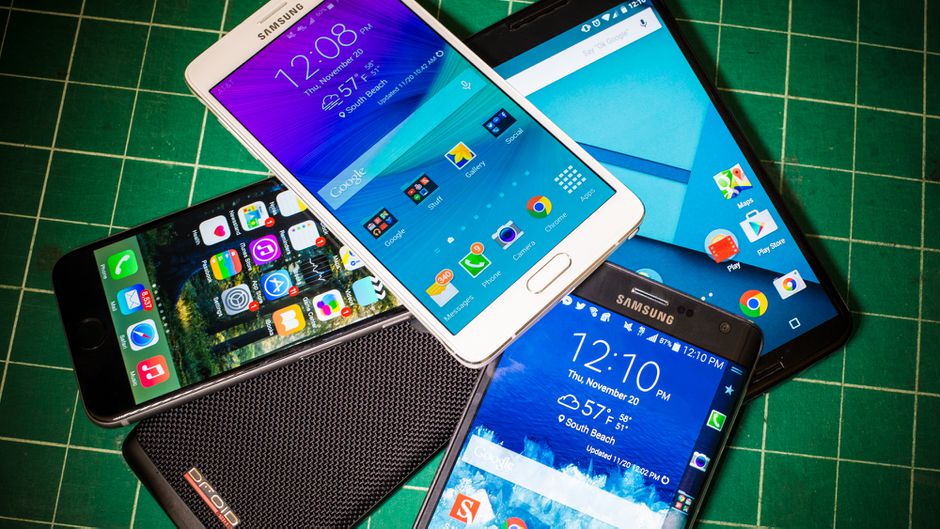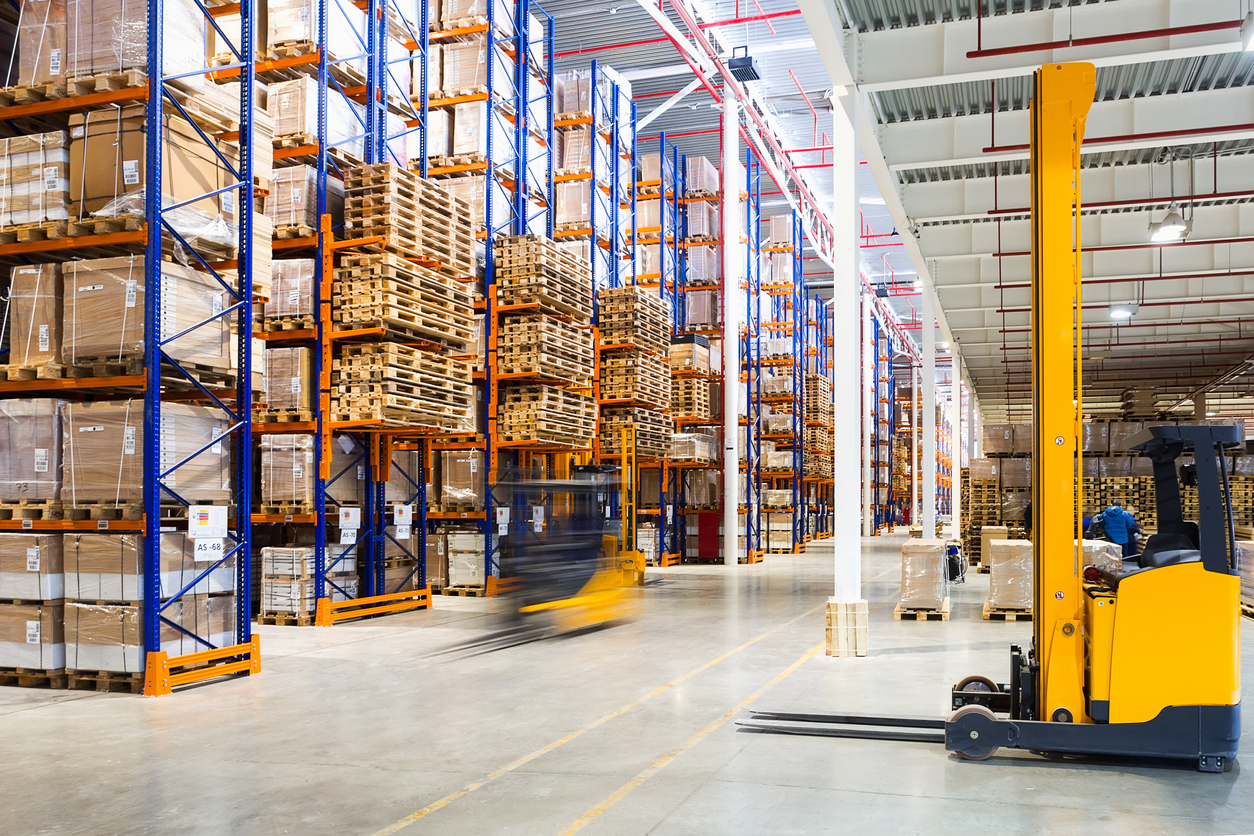How to Import Phones into Nigeria: Doing It The Right Way
Navigating the Logistics of Importing Phones into Nigeria
Are you planning to import phones into Nigeria? The process can be overwhelming and confusing, but don’t worry – we’ve got you covered. In this blog post, we will guide you through the logistics of importing phones into Nigeria, from understanding the regulations to finding reliable suppliers. Whether you’re a seasoned importer or a first-timer, this article will provide useful tips and insights to help make your importing journey easier and smoother. Let’s dive in!
Introduction to Importing Phones into Nigeria
As the second-largest mobile market in Africa, Nigeria presents a wealth of opportunity for businesses looking to import phones into the country. However, doing so is not without its challenges. From navigating the country’s complex import regulations to dealing with its often unreliable infrastructure, there are a number of logistical considerations that need to be taken into account when importing phones into Nigeria.
In this article, we’ll give you an overview of the main things you need to know about importing phones into Nigeria, including:
The Nigerian import landscape: An overview of the main import regulations and procedures that need to be followed when importing phones into Nigeria.
The challenges of importing phones into Nigeria: A look at some of the main logistical challenges that can be encountered when importing phones into Nigeria, from dealing with customs clearance delays to managing transportation disruptions.
Tips for successful phone imports into Nigeria: Advice on how to overcome some of the challenges associated with importing phones into Nigeria, from choosing the right logistics partner to working with local experts.
Research and Planning: What You Need to Know
When it comes to importing phones into Nigeria, research and planning are essential. Here are some things you need to know:
1. The Nigerian market is very competitive, so you need to be prepared to offer a competitive price for your phones.
2. There is a lot of red tape involved in importing phones into Nigeria, so you need to be prepared for that.
3. You need to have a good understanding of the Nigerian market before you can successfully import phones into the country.
4. There are many logistics involved in importing phones into Nigeria, so you need to be aware of all of them.
5. You need to have a solid business plan in place before you start importing phones into Nigeria.
Documentation Requirements for Importation
All businesses that import phones into Nigeria are required to have a valid Import Permit. The Import Permit is obtained from the Nigerian Customs Service and is valid for one year. It can be renewed annually.
In order to obtain an Import Permit, businesses must first register with the Nigerian Customs Service. Businesses are required to provide the following documentation:
– Certificate of Incorporation
– Tax Identification Number (TIN)
– Company Profile
– Letter of Intent
Costs Involved in the Importation Process
The cost of importing phones into Nigeria can vary depending on a number of factors, including the type of phone being imported, the quantity being imported, and the shipping method used. To get an accurate estimate of the costs involved in importing phones into Nigeria, it is best to consult with a professional shipping company or customs broker.
Generally speaking, the cost of importing phones into Nigeria will include the cost of the phone itself, any import duty or VAT that is payable, and the cost of shipping. If you are using a professional shipping company, they will be able to provide you with an all-inclusive quote that covers all of these costs.
It is important to note that import duty and VAT rates can vary depending on the type of phone being imported. For example, smartphones attract a higher import duty than feature phones. As such, it is important to be aware of these rates before you commit to importing a particular type of phone.
In addition to the costs mentioned above, there may also be other fees associated with importing phones into Nigeria. These can include things like handling fees charged by the shipping company, or charges for clearing goods through customs. Again, your shipping company or customs broker should be able to advise you on what these additional charges might be.
Finding a Reliable Phone Vendor
When it comes to finding a reliable phone vendor, there are a few things you need to keep in mind. First and foremost, you want to make sure that the vendor is reputable and has a good track record. There are a few ways to go about this – you can check online reviews, ask for recommendations from friends or colleagues, or even contact the Better Business Bureau.
Once you’ve found a few potential vendors, it’s important to get in touch with them and ask some questions. Find out what their shipping policies are, what kind of warranty or guarantee they offer, and how much experience they have in shipping phones to Nigeria. It’s also a good idea to ask for quotes from multiple vendors so that you can compare price and service levels.
Making sure that you find a reliable phone vendor is an important part of the importing process – but it doesn’t have to be difficult. By doing your research and asking the right questions, you can be confident that you’re getting the best possible service for your needs.
Shipping Methods and Delivery Times
There are a few different shipping methods that can be used when importing phones into Nigeria. The most common and probably most affordable option is to use sea freight. This can take anywhere from 2-8 weeks, depending on the port of origin and the port of destination in Nigeria. Airfreight is also an option but it is generally more expensive and takes less time, usually around 1-2 weeks.
Once the phones arrive in Nigeria, they will need to clear customs before they can be released for delivery. The process of clearing customs can take a few days to a week or more, depending on the volume of goods being imported and the efficiency of the customs department.
After the phones have cleared customs, they will be delivered to the customer’s chosen address within a few days. Depending on the location and availability of transportation, some remote areas may take a bit longer for delivery.
Payment Methods for Imported Phones
When it comes to payment methods for importing phones into Nigeria, there are a few options available. For those who are looking to pay in Nigerian Naira, there are a few options available. One option is to use a local bank transfer. This can be done through a number of different banks in Nigeria. Another option is to use an international money transfer service such as Western Union or MoneyGram.
For those who are looking to pay in US dollars, there are also a few options available. One option is to use a credit card. This can be done through a number of different companies, including Visa, Mastercard, and American Express. Another option is to use an international money transfer service such as Western Union or MoneyGram.
It is important to note that there may be additional fees associated with using some of these payment methods. Be sure to check with your chosen payment method provider before making any payments.
Managing Your Shipment Once It Arrives
Once your shipment of phones arrives in Nigeria, there are a few things you need to do in order to get them ready for sale. First, you’ll need to clear them through customs. This can be a complex and time-consuming process, so it’s important to work with a reputable customs broker who can help ensure that your shipment is cleared quickly and without any problems.
Once your shipment is cleared through customs, you’ll need to arrange for storage and distribution. If you’re selling the phones online, you’ll need to have a reliable way to store and ship the phones to customers. If you’re selling the phones in physical stores, you’ll need to find a warehouse or other storage facility where you can keep the phones until they’re sold, and then arrange for delivery or pick-up by customers.
In either case, it’s important to have a good system in place for tracking your inventory and keeping track of customer orders. This will help you avoid selling phones that are out of stock and ensure that customers receive their orders promptly.
Conclusion
In conclusion, the logistics of importing phones into Nigeria can be quite complex and it is important to understand all of the rules and regulations that pertain to this process. With a bit of research and understanding, however, anyone can find ways to navigate these complexities so they are able to import their phones successfully. By following the steps outlined in this article, you too can make sure your phone imports go smoothly and without any issues along the way.







LEAVE A COMMENT
You must be logged in to post a comment.